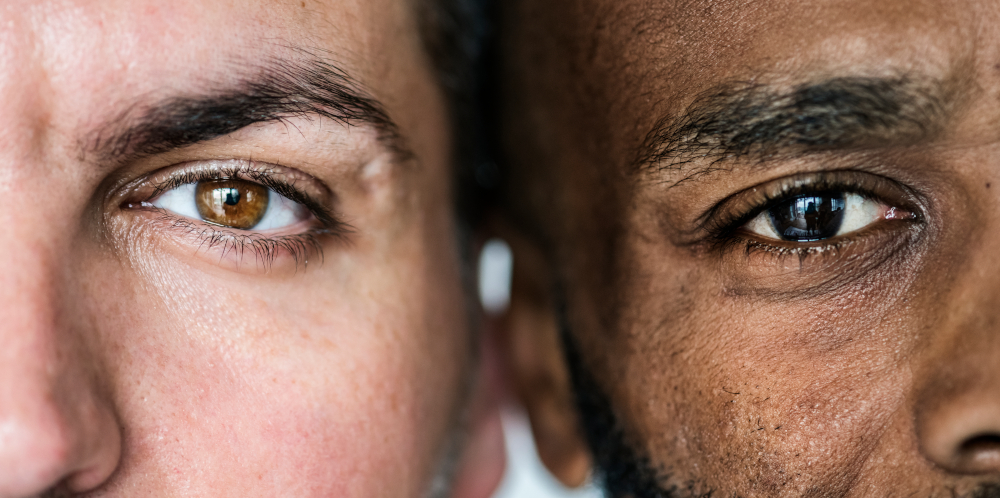
South Africans Who Change Their Identity to Start Over
In the shadows of South Africa’s cities and towns, there are names that no longer exist, not because those people have died, but because they’ve chosen to walk away from the names they were given. It’s a quieter kind of story, far removed from newspaper headlines or political speeches. No flashing lights, no courtroom dramas. Just someone standing in a government office, signing papers, answering questions, and waiting for a new ID to arrive. The price of a name isn’t loud. It’s steady. It’s personal. It’s a kind of silent currency people spend when they’ve decided that their old life no longer fits.
For some, it’s about protection. South Africa isn’t without its ghosts, and there are plenty of people for whom safety means disappearing from view. Debt collectors, criminal pasts, abusive relationships, sometimes the only way forward is through reinvention. A name wiped clean from the system, replaced by something new. It’s not as simple as it sounds. Legally changing a name comes with forms, affidavits, fingerprints, but it’s more than paperwork. It’s stepping into a version of yourself that nobody else recognises. A person without history, starting again from scratch.
In Durban, there’s a man who used to be a mid-level fixer in local politics. Not a celebrity, but known enough that when things got rough, people knew where to find him. One day, he just vanished. Three years later, a different name pops up on local business registrations. Same face, different ID. He runs a modest transport business now, taxis, light trucks. No one asks questions. No one calls him by his old name. For him, it wasn’t about escaping the law. It was about stepping out from under a reputation that felt heavier than any debt.
But it’s not always about running away. Sometimes, changing a name is about freedom. Across the Eastern Cape and Limpopo, younger South Africans quietly shed the names given to them at birth because they want to cut ties with family histories that no longer reflect who they are. In some cases, it’s about leaving behind a father’s surname they never really carried with pride. In others, it’s about finding something that feels more like their own skin. A name that fits their new religion, their new gender identity, or simply their new sense of self.
What’s consistent across all these stories is the weight people feel standing in those government offices. That moment before they hand over their forms, knowing that once they do, there’s no easy way back. It’s not like switching your profile name on a social media account. Once that ID is printed, once that bank account updates, once the old name fades from your driver’s licence, that part of your life becomes sealed. It still exists, on old certificates, in memories, but it no longer holds power.
 In smaller towns, people notice faster. Change a name in a village outside Pietermaritzburg, and within weeks everyone at the local shebeen or corner shop knows about it. Whispers start. People wonder what you’re hiding, what you’re trying to escape. But in the cities, especially in Johannesburg or Cape Town, you can fold into the noise easily. One more new name among millions.
In smaller towns, people notice faster. Change a name in a village outside Pietermaritzburg, and within weeks everyone at the local shebeen or corner shop knows about it. Whispers start. People wonder what you’re hiding, what you’re trying to escape. But in the cities, especially in Johannesburg or Cape Town, you can fold into the noise easily. One more new name among millions.
There’s also an economic layer that most people don’t talk about. In some cases, changing a name helps clear credit histories. A loophole used quietly by people too tangled up in debt to see another way out. It’s not entirely legal, and it’s definitely not clean, but it happens. Documents get adjusted. Birthdates get shifted slightly. A whole new financial identity is born from a single signature.
For others, though, it’s purely emotional. One woman in Gauteng changed her name after surviving an abusive marriage. It wasn’t about debt or hiding. It was about closing the door on a version of herself she no longer recognised. The name she carried for thirty years felt like a bruise. Her new name, chosen quietly in a waiting room with no one else watching, felt like stepping into sunlight for the first time.
And yet, for all its weight, changing your name in South Africa is still wrapped in quiet ritual. No banners, no announcements. Just a visit to the Department of Home Affairs, a stack of forms, and a silent wait. The kind of thing that looks boring on the outside but carries enough personal gravity to shift a life entirely.
It’s not something people brag about. You don’t often hear, over dinner or drinks, someone casually mentioning they used to be called something else. The old names get tucked away like photographs at the back of a drawer, still there, but out of sight. And maybe that’s what makes it so quietly powerful. Reinvention, not as something loud or showy, but as something deeply human. The quiet decision to become someone new, on your own terms.
In the end, it’s not about erasing the past. The past still lingers, in memories, in family ties, in the way old friends might slip up and call you by the name you left behind. But it’s about owning the future. About stepping into a world where you decide who you are, letter by letter, syllable by syllable. Where the weight of your name matches the shape of your life, not the other way around.




